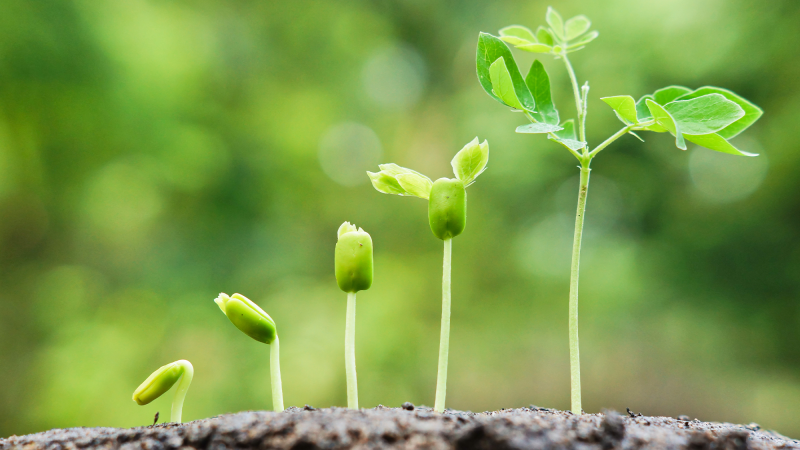Agriculture
The latest on what's growing and what's faltering across the world's farms—and the resources they use to keep running.
Latest in Agriculture

Environment
Yes, plants go through ‘puberty’

Environment
The latest on what's growing and what's faltering across the world's farms—and the resources they use to keep running.
Breakthroughs, discoveries, and DIY tips sent every weekday.
By signing up you agree to our Terms of Service and Privacy Policy.